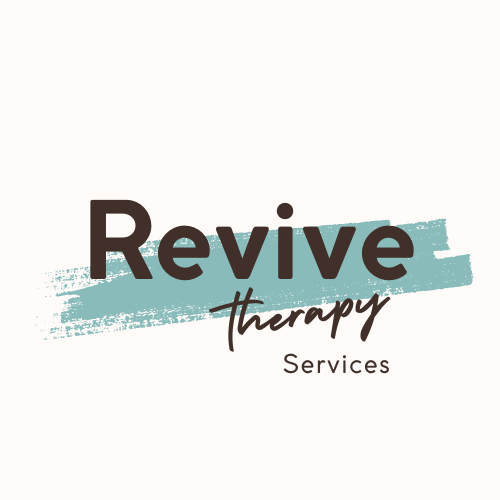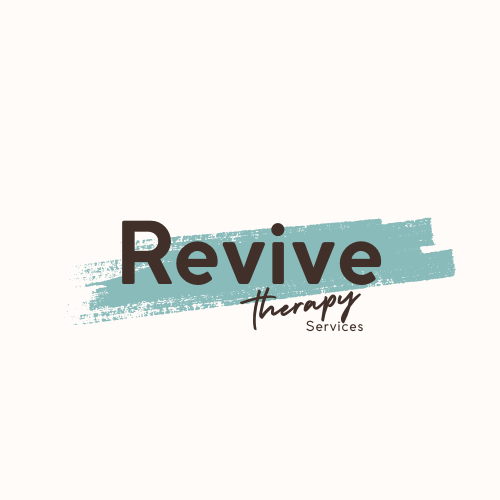How Eating Disorders and Trauma Are Connected—and Why the Holidays Can Be Extra Hard
The holidays are often described as the “most wonderful time of the year,” but for many, they bring more stress than joy—especially if you’re living with an eating disorder or carrying the weight of past trauma. These challenges are more connected than they might seem. Understanding the link between eating disorders and trauma can help you navigate this season with more compassion for yourself and a clearer path to healing.
The Connection Between Trauma and Eating Disorders
Eating disorders don’t happen in a vacuum. For many, they develop as a way to cope with the emotional pain, fear, or lack of control that comes from traumatic experiences. Trauma—whether it stems from childhood abuse, neglect, bullying, or other overwhelming life events—can create feelings of powerlessness or being unsafe in your own body.
Eating disorders often emerge as an attempt to regain control. Restricting food, bingeing, or purging might feel like ways to manage the chaos of emotions or dissociate from the pain. For example:
1. Restricting food: can provide a sense of control in an otherwise uncontrollable world.
2. Binge eating: might soothe emotional overwhelm temporarily, like an attempt to “numb out.”
3. Purging behaviors: can create a fleeting sense of relief or release from emotional pain.
But these behaviors, while they may seem like they’re helping in the moment, ultimately take a toll—both physically and emotionally.
Why the Holidays Can Trigger Eating Disorders
The holiday season is filled with potential triggers for someone struggling with an eating disorder and past trauma:
- Family Dynamics: Interactions with family members can bring up old wounds or unspoken tensions.
- Food-Centered Gatherings: The emphasis on food during holidays can be overwhelming, leading to feelings of shame, anxiety, or loss of control.
- Perfectionism and Pressure: The cultural push to create “perfect” celebrations can add an extra layer of stress.
- Unprocessed Memories: The season can evoke memories of past trauma, making it harder to stay grounded in the present.
Healing: Addressing the Root Cause
While the challenges are real, healing is possible. Addressing the underlying trauma that fuels eating disorders can lead to meaningful, long-term recovery. Trauma-focused therapies like EMDR (Eye Movement Desensitization and Reprocessing) and Somatic Experiencing are powerful tools for healing the root causes, not just the symptoms. These approaches work by helping you process painful memories in a way that reduces their emotional charge, allowing you to feel safer in your body and more in control of your life.
How to Start Healing This Season in Pennsylvania
If the holidays feel overwhelming, here are some steps you can take to care for yourself:
- Recognize the Patterns: Understanding the link between your trauma and eating disorder behaviors can help you break the cycle.
- Set Small Goals: Healing doesn’t have to be all-or-nothing. Start with small, manageable steps, like eating one meal mindfully or reaching out for support.
- Build a Support System: Whether it’s friends, family, or a trauma-informed therapist, surrounding yourself with understanding people is key.
- Practice Self-Compassion: Remind yourself that your eating disorder isn’t about willpower or weakness—it’s about unprocessed pain that deserves attention and care.
Ready to Try Something New?
Your healing journey is unique, and so is the kind of support that will help you thrive. If you’re ready to explore trauma-focused therapy with techniques like EMDR or Somatic Experiencing, we’d love to work with you! Right now we are only able to provide therapy for people residing in Pennsylvania, New Jersey, and Colorado!
Click here to schedule a free consultation and take the first step toward a therapy approach that works for you.
The idea of starting therapy might also feel overwhelming! Don’t worry, that’s completely normal. Here’s the process of starting therapy with Revive Therapy:
Schedule a complimentary discovery call to see if we are a good fit for you!
On your discovery call, we will schedule you right then and there with one of our trained therapist’s
We will send you your intake paperwork via email, once that’s done all you need to do is show up!
Not sure if you’re ready to schedule a call? Shoot us an email telling us a little bit about yourselfr and whatever questions you have about therapy!




